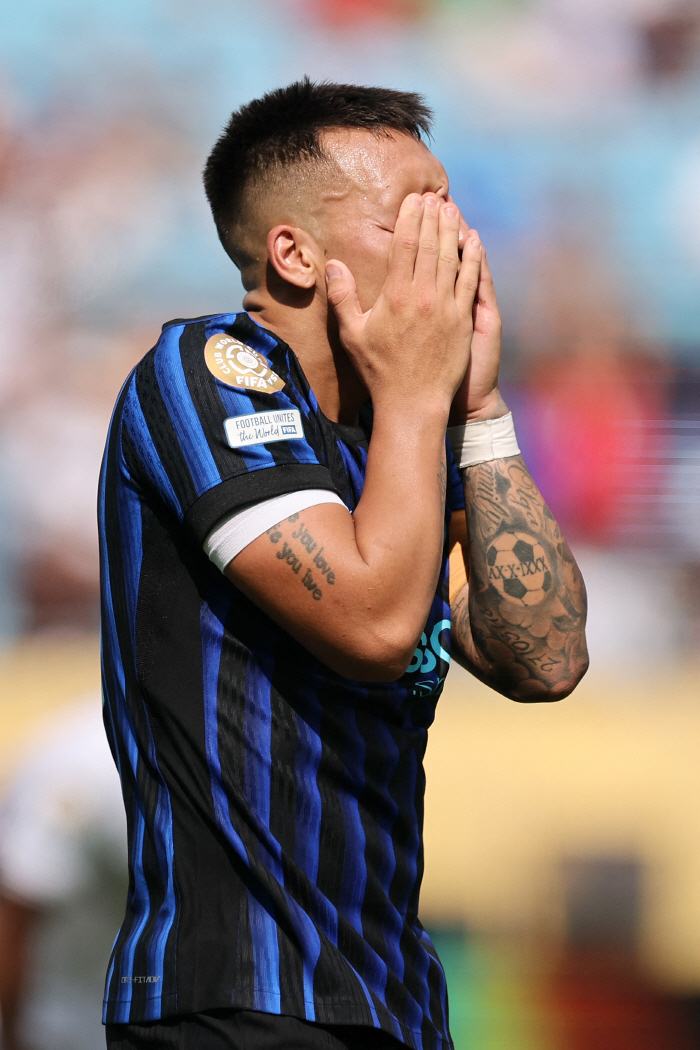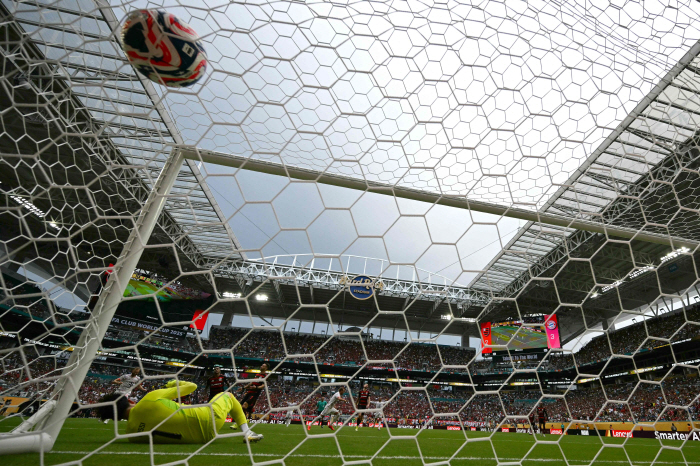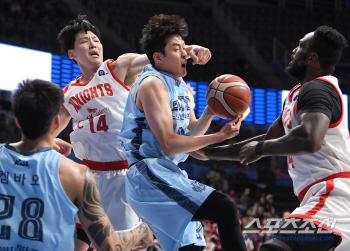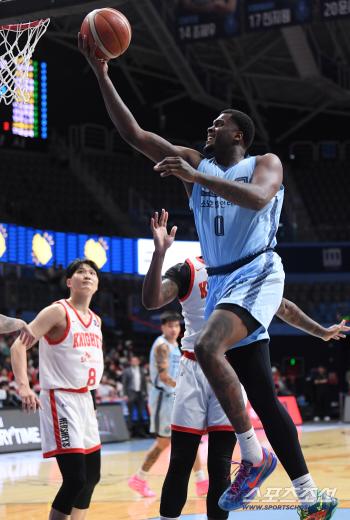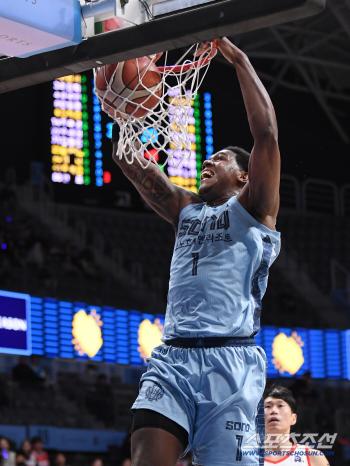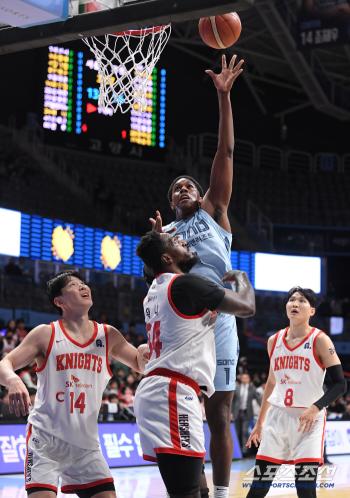New York's 39-degree heat wave FIFA, North Korea-China World Cup final must be considered at 9 a.m. to continue bad weather at the Club World Cup, experts are concerned ↑
|
"FIFA should consider hosting the World Cup final at 9 a.m."
Due to the bad weather and heat waves appearing at the FIFA Club World Cup in the United States, experts argued that next year's North Korea-China World Cup final will have to be played at 9 a.m.Mike Tipton, a professor at the University of Portsmouth, made this opinion in an interview with BBC Sport on the 1st (Korea time) as an expert on the effects of extreme temperatures on the human body.
A number of experts, including Professor Tipton, believe the harsh climate conditions that exposed players at some of the U.S. Club World Cup games represent a potential threat to major FIFA World Cup events in the U.S. at the same time next year.
Last week, the first heat wave hit eastern North America this summer, and more than 10 people were hospitalized due to heat-related diseases. On the 24th, New York's temperature rose to 39 degrees Celsius, breaking the record June temperature. In the case of MetLife Stadium, eight World Cup games are scheduled, including the final, and like most stadiums in the United States, Canada and Mexico, this stadium has no roof and limited indoor shade space.
The start time of all matches will be open after the draw in December, but the Eastern time zone matches are expected to be at noon, 3 p.m., 6 p.m. and 8 p.m. local time. This is a decision that takes into account the interests of Europe's major audience and broadcasters, advertisers, and sponsors.
|
Although expert suggestions such as Professor Tipton are somewhat impractical from a football perspective, Fifpro, a coalition of players, calls the Club World Cup a 'warning signal' and calls for a more flexible approach to protecting players. At a press conference on the 30th, Dr. Vincent Guterbardzi, a medical expert, suggested that halftime extended to 20 minutes should be considered in order to keep players' body temperatures in the normal range in extreme heat.
"The weather is becoming increasingly concerning," said Fifpro Policy Director Alexander Wielfeld. "The issue of heat-induced postponements is slightly more complicated than the domestic league, but it must take precedence over commercial interests in terms of health and safety."," he stressed.
FIFA guidelines currently rely on wet bulb temperature (WBGT), a heat stress indicator that combines temperature and humidity. If the WBGT exceeds 32 degrees Celsius, a short 'cooling brake' to replenish moisture becomes mandatory. If the WBGT exceeds 28 degrees, the cooling brake should be introduced, and if the WBGT exceeds 32 degrees, the game should be postponed. "According to this standard, the current FIFA Club World Cup match between Paris Saint-Germain and Atletico Madrid in Pasadena and Chelsea in Philadelphia should have been postponed to a more appropriate time of the day and rescheduled if no other time is possible"
FIFA said in a statement that `the health of everyone involved in football is the top priority,' explaining that medical experts have provided advice on heat management and adaptation to teams participating in the Club World Cup. According to the 'Safety and Preventive Concepts' rule, cooling brakes are provided in the 30th and 75th minutes, including the use of five replacements and the use of additional replacements if they lead to extra time. Also, like next year's World Cup, all teams are guaranteed at least three days off between games to help them recover. FIFA said in a statement that `Fans can bring transparent and reusable plastic bottles (no more than 1 liter) to the stadium and implement additional measures such as water replenishment guidance through stadium announcements, cooling buses, and water stations. 'Tips to beat the heat' will be shared with all ticket holders'
This article was translated by Naver AI translator.
